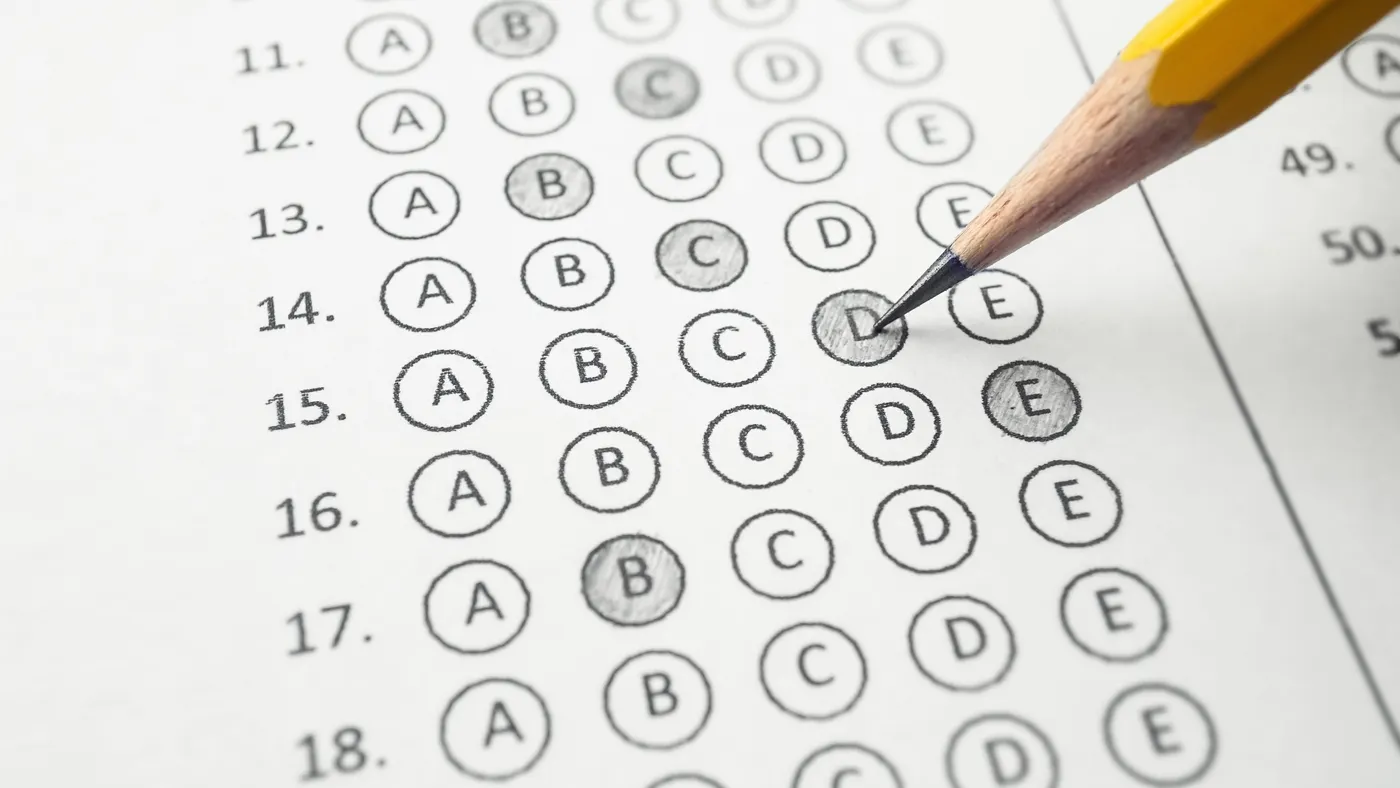
Only 56% of K-2 students are ready to read
Students in kindergarten through 2nd grade are showing slow but steady improvements in their early reading skills but are still behind compared to pre-pandemic progress, according to an analysis released Feb. 26 by Amplify, a curriculum and assessment company that uses its mCLASS platform to help teachers administer the Dynamic Indicators of Basic Early Literacy Skills screener.
Mid-school year DIBELS assessment data, for instance, shows 58% of 2nd graders are ready for core reading instruction this school year. That's slightly up from 57% last school year but lower than the 60% on track for reading in 2019-20. Across K-2, 56% of students are on track for learning to read.
The data also shows that more than a quarter of K-2 students are far behind in early literacy this school year. However, fewer early elementary students are considered far behind this school year compared to the 2023-24 school year.
Disappointing reading performance across all grades has led states and school districts in recent years to dedicate funding and other resources toward literacy improvements, including by promoting science of reading approaches.
Improving literacy in pre-K-12 was the focus of 10 enacted bills in state legislatures in 2024, according to the National Conference of State Legislatures. For example, Wisconsin's Senate Bill 990 created requirements for mandatory early literacy professional development and reading readiness assessments.
Nationally, average reading scores for 4th and 8th graders actually dropped in 2024 compared to 2022, according to the latest results for the National Assessment of Educational Progress. NAEP reading scores for those two grade levels have been declining since 2019, according to the National Center for Education Statistics.
K-2 students improving in early literacy skills
On the mid-year DIBELS assessment, kindergarten was the only grade level showing a return to pre-pandemic literacy readiness skills.
Students scoring at or above benchmark performance levels on DIBELS are ready for core reading instruction and are likely to meet grade-level standards by the end of the school year, according to Amplify. Students scoring well below benchmark are likely to require intensive interventions and are unlikely to meet end-of-year standards.
Amplify's analysis for the 2024-25 school year draws from assessment performance of 2 million K-2 students from more than 11,000 schools.
Amplify's analysis found that schools with improvements in early reading were most likely to monitor the progress of their at-risk students throughout the semester. That's because schools that conduct progress monitoring have more data to make decisions about interventions and are more likely to target instruction to the needs of their students, Amplify said.
Susan Lambert, chief academic officer of literacy at Amplify, said the recent DIBELS results are "Some cause for hope, but I wouldn't say a big celebration, given the fact that pre-pandemic levels of early literacy were not that great."
Lambert added, "We should never look at the pandemic as our ultimate goal. It's a good first incremental step to get early literacy back where it needs to go. But there's a lot of work to be done if we really want all kids to be on track for reading by the end of 2nd grade."
To help improve early literacy, Amplify also recommends that districts:
- Ensure all students receive quality instruction in evidence-based practices.
- Develop instructional plans for students who need additional supports.
- Budget for the additional student interventions.
Additionally, Lambert recommends that early literacy goals should be included in elementary school improvement plans annually, because there are always new students enrolling in schools.
"It's like you never cannot focus on early literacy," Lambert said. "It's just way too important for kids' future schooling and future lives, frankly.”









